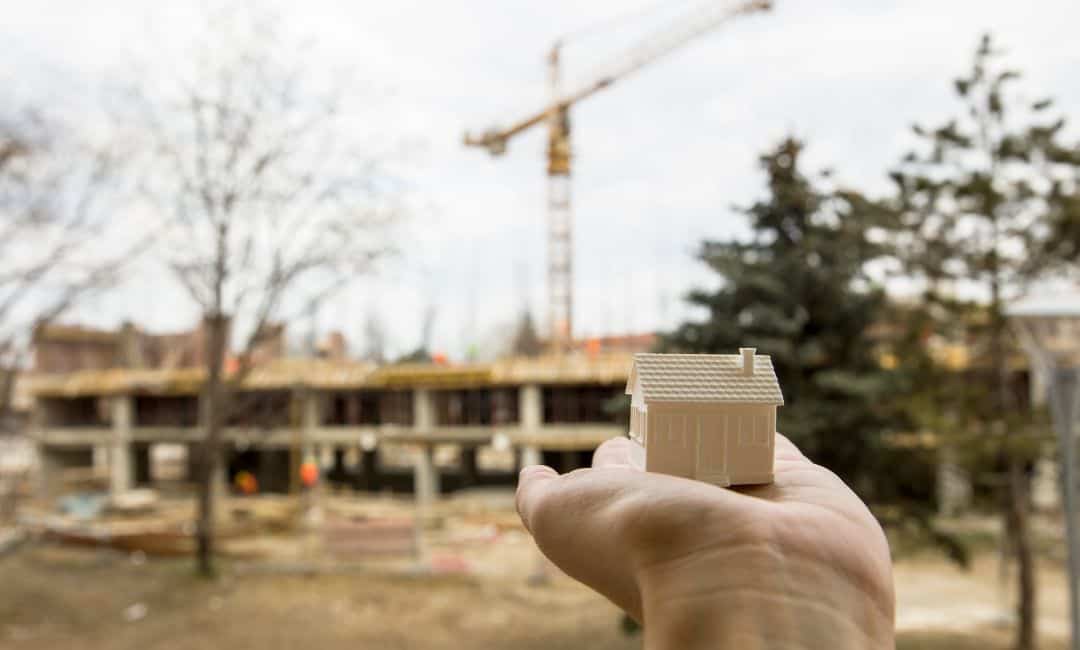Navigating the Challenges of Closing on a Pre-Construction Property

Purchasing a pre-construction property is an exciting journey filled with the promise of a customized dream home. However, as the closing date comes, different challenges can arise, demanding careful navigation to ensure a smooth transition from uncertainty to ownership.
In this comprehensive guide, we will explore common challenges associated with closing on a pre-construction property and offer insights into effective strategies for overcoming them.
Common Challenges Associated With Closing on a Pre-Construction Property
By understanding the intricacies of the pre-construction closing process and being prepared for potential challenges, buyers can embark on the journey to homeownership with confidence and excitement.

1. Understanding the Closing Process
Before delving into potential challenges, it’s crucial to have a clear understanding of the pre-construction closing process. The closing is the last stage in the home buying journey, where ownership transfers from the developer to the buyer.
2. Financial Challenges
One of the most common hurdles during the pre-construction closing process is financial challenges. Unforeseen circumstances, changes in employment, or fluctuations in the real estate market can impact a buyer’s ability to secure the necessary funds for closing. To navigate this challenge:
- Explore Financing Options: Work closely with your mortgage broker to explore financing options tailored to your current situation. This may involve securing a mortgage, refinancing existing assets, or considering alternative lending solutions.
- Seek Professional Financial Advice: Engage with a financial advisor to assess your financial situation and explore strategies for overcoming any temporary setbacks. They can give insights into potential sources of funding and help make a plan to satisfy your financial obligations.
3. Construction Delays
Construction delays are not uncommon in the real estate industry, and they can significantly impact the pre-construction closing timeline. Delays may occur because of permitting issues, weather, or unforeseen challenges in the construction process. To address construction delays:
- Communication with the Developer: Establish open lines of communication with the developer to gain insights into the reasons behind the delay and obtain realistic timelines for completion. Some developers may offer compensation or incentives for delays.
- Understanding Contractual Obligations: Review your purchase agreement to understand the terms related to construction delays. Some agreements may include provisions that allow for reasonable delays, while others may offer remedies or compensation for extended timelines.
4. Legal and Contractual Considerations
Navigating the legal and contractual aspects of a pre-construction closing is crucial for a smooth transition. Challenges in this realm may include issues with the purchase agreement, unforeseen legal complexities, or disputes with the developer. To address legal challenges:
- Consultation with Legal Counsel: Engage with a real estate attorney to review the purchase agreement and address any legal concerns. They can offer guidance on potential breaches, contingencies, and options for resolution.
- Negotiation with the Developer: Open communication with the developer is essential. Consult legal concerns and work towards discovering mutually beneficial solutions. Negotiating changes to the purchase agreement may be possible under certain circumstances.
5. Customization and Upgrades
While the ability to customize your pre-construction home is a significant advantage, it can also pose challenges during the closing process. Changes or upgrades requested after the initial agreement may require additional time and coordination. To manage customization challenges:
- Early Communication: Clearly communicate your customization preferences early in the process to allow the developer sufficient time to incorporate changes. Delays may occur if customization requests are submitted late in the construction timeline.
- Understanding the Impact on Timeline: Be aware that certain customizations or upgrades may extend the construction timeline. Discuss the potential impact on the closing date with the developer and ensure that all parties are aligned on expectations.
6. Final Inspection and Punch List
As the construction nears fruition, home buyers conduct a last review to determine any issues that must be addressed before closing. It may involve creating a punch list of items that require attention. To navigate this process:
- Thorough Inspection: Conduct a thorough final inspection of the property, noting any deficiencies or items that do not meet the agreed-upon specifications.
- Coordination with the Developer: Work closely with the developer to ensure that items on the punch list are addressed promptly. Establish clear communication channels for ongoing coordination until all outstanding matters are resolved.
7. Occupancy and Interim Period
In some cases, there may be a period of interim occupancy before the property is officially registered. During this time, first time home buyers can be responsible for paying temporary occupancy fees. To navigate the interim period:
- Understanding Occupancy Fees: Be aware of the terms and calculations related to interim occupancy fees. These fees typically cover the costs of utilities and other shared expenses during the interim period.
- Preparing for Full Ownership: Plan for the transition from interim occupancy to full ownership. This involves completing any outstanding payments, finalizing legal formalities, and preparing for the official transfer of ownership.
8. Closing Costs and Additional Fees
Closing costs for pre-construction properties can be extensive, covering a range of fees such as development charges, levies, and legal expenses. Unexpected increases in these costs can pose challenges during the closing process. To manage closing costs:
- Detailed Cost Breakdown: Request a detailed breakdown of closing costs from the developer. Understand the components of these costs and seek clarification on any items that are unclear.
- Budgeting for Contingencies: Allocate funds for contingencies in your budget to account for potential fluctuations in closing costs







